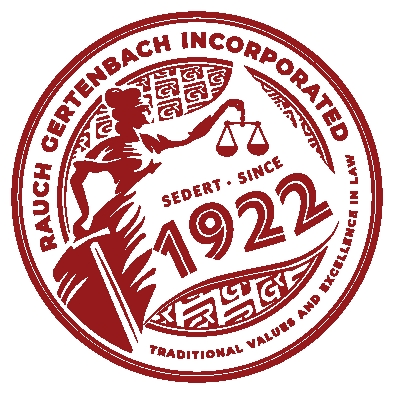Sponsored Content
BUSINESS NEWS - When it comes to wills, intent can sometimes matter more than strict compliance with form. There are many instances where a person drafts or signs a will, but when the time comes to administer their estate, it is discovered that the will is invalid due to non-compliance with formal requirements.
Section 2 of the Wills Act 7 of 1953 outlines the formalities that must be satisfied for a will to be valid.
These include, inter alia, that the will must be signed by the testator, witnessed by at least two competent witnesses, and, where applicable, accompanied by a certificate from a Commissioner of Oaths if the testator or testatrix signed by way of a mark.
But what happens if a testator passes away without having complied with these formalities?
When the Master of the High Court receives a will that does not meet the formal requirements, it is typically rejected. As a result, the deceased estate is administered in terms of intestate succession, meaning that the assets are distributed according to the principles of the Intestate Succession Act, rather than the testator’s expressed wishes.
However, there is a potential remedy. Section 2(3) of the Wills Act provides that, if a court is satisfied that a document or the amendment thereof, drafted or executed by a person who has died since the drafting or execution thereof, intended for it to be their will or an amendment to it, the court may order the Master to accept that document as valid for the purposes of the Administration of Estates Act 66 of 1965, even though it does not comply with all the formalities ordinarily required.
This particular provision of the Act allows a party to bring an application, in terms of which the applicant requests the court to direct the Master to accept a will that would otherwise be invalid.
In the recent matter of Perjumal v Janse Van Rensburg N.O and Others, the applicant sought to have an unsigned will accepted as the deceased’s last will and testament. The will in question was significantly different to his previous validly executed will. The deceased had amended his will, drafting changes on his laptop in the presence of the applicant, and sent the revised document to the executor. Although the deceased did not sign the amended will, he expressed an intention to sign it, as evidenced by a voice message sent to the executor, a month before his death. The court found that the requirements of section 2(3) was satisfied since the deceased had intended the amended document to be his last will. The court consequently ordered the Master to accept the amended will for the purposes of administering the deceased’s estate.
This case illustrates that an improperly executed will does not necessarily render its content void. If clear intent can be demonstrated, a section 2(3) application offers a potential remedy. Such an application can, however, be very costly - as with any litigious matter, and therefore, it is strongly advised that wills be properly executed in full compliance with the Wills Act from the outset.
Article by: Bevan Wright (LLB), Candidate Attorney
 Bevan Wright.
Bevan Wright.
For more information contact Bevan at 044 6019900 or bevan@rgprok.com.
www.rauchgertenbach.com

‘We bring you the latest Garden Route, Hessequa, Karoo news’
















